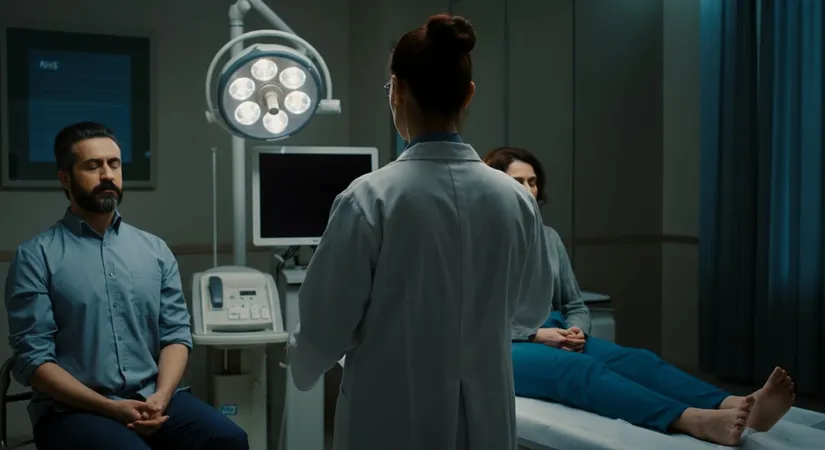Understanding the Role of NHS Professionals in Modern Healthcare
NHS professionals are pivotal in delivering healthcare services that are patient-centered and ethically sound. Their role is underscored by an unwavering commitment to providing care that respects patient autonomy and wellbeing. In a modern healthcare environment where rapid technological advances are prevalent, NHS professionals must navigate these changes while steadfastly maintaining their ethical duties. This involves integrating new methodologies and adopting innovative practices that enhance patient care without compromising ethical standards. NHS professionals continue to evolve, expanding their roles to tackle complex healthcare challenges while upholding transparency, accountability, and the highest quality of care.
The Evolution of Patient Care Roles
The roles of NHS professionals have evolved considerably over the years. Initially, their focus was primarily on physical health treatments. However, today’s practitioners embrace a more holistic approach. This progression is characterized by the integration of mental health awareness, enhanced communication, and the development of personalized care plans that reflect each patient’s unique needs. By doing so, NHS professionals are not only improving patient outcomes but are also gaining trust and fostering an environment where patients feel respected and valued.

Ethical Diagnostic Methods: A New Era in Patient Care
The advent of ethical diagnostic methods marks a transformative era in patient care where accuracy and patient trust are paramount. Ethical diagnostics prioritize non-invasive techniques, patient consent, and transparency, thereby maintaining the integrity of the healthcare system. These methods ensure that diagnostic processes are conducted with respect for patient dignity and rights, helping to build trust in healthcare providers. With innovation at the forefront, diagnostic methods have evolved to incorporate various technology-driven solutions, such as digital imaging and genomics, which promise enhanced accuracy with minimal discomfort.
Innovative Tools and Technologies
This approach sees the integration of advanced tools such as AI-driven imaging and non-invasive screenings, which enhance data accuracy and patient comfort while respecting ethical guidelines. Such innovations not only streamline the diagnostic process but also ensure prompt, appropriate treatments that align with patient needs and ethical care delivery. It fosters an environment that balances technological advances with patient care priorities, cementing the trust between healthcare providers and recipients.
Advanced Technology: Transforming Health Services
Technology continues to redefine healthcare delivery, and NHS professionals are at the forefront of adopting these innovations ethically. By leveraging technologies such as digital health platforms and AI, NHS services are improving operational efficiency and patient outcomes. These technological advancements accommodate seamless healthcare operations, enabling NHS professionals to offer more personalized, effective care. Furthermore, remote health solutions such as telemedicine allow for broader access to healthcare services, particularly benefiting remote and underserved populations.
Digital Health Innovations
Digital health solutions are enhancing how patients interact with health services. Platforms offering virtual consultations and AI-driven diagnostics promote healthcare accessibility without compromising on quality. This technological shift supports more sustainable healthcare systems, allowing NHS professionals to cater to a diverse patient base while maintaining high ethical standards. These innovations facilitate continuous patient monitoring and personalized care plans that are responsive to individual health dynamics.
Scientifically Proven Treatments: Ensuring Patient Safety
Adhering to scientifically proven treatments is crucial for ensuring patient safety, particularly within NHS professional practices. Evidence-based medicine forms the backbone of ethical healthcare delivery, where treatments are administered based on robust data and clinical trials. This approach mitigates the risk of adverse effects, ensuring that patient care is both effective and safe. NHS professionals prioritize these treatments to safeguard public health, implementing stringent protocols that uphold medical ethics.
Evidence-Based Practices
Evidence-based practices involve rigorous research and clinical trials to validate the efficacy of treatments. These practices empower NHS professionals to deliver care that not only aligns with the latest scientific findings but also respects patient preferences and safety. By continually updating their knowledge and aligning with global medical standards, NHS professionals ensure that their practices meet the rigorous ethical and safety benchmarks expected in modern healthcare environments.
Integrating Mindfulness and Well-Being in Healthcare
The integration of mindfulness in healthcare signifies a paradigm shift focusing on holistic patient wellness. This approach enhances mental health care through practices that improve emotional regulation and stress management. By promoting mindfulness, healthcare providers support enhanced patient experiences that complement traditional medical treatments. It embodies a patient-centered approach that respects individuality and encourages a deeper engagement with personal health practices.
Holistic Health Approaches
Holistic approaches in healthcare promote the integration of physical, mental, and emotional well-being, acknowledging the interconnected nature of overall health. Practitioners incorporating mindfulness techniques, such as meditation and focused breathing, offer patients tools to better manage stress and improve their quality of life. This holistic focus aligns with ethical healthcare practices, reinforcing respect and empathy for patients’ comprehensive needs.
Future Prospects: The Evolution of NHS Professionals
The future of NHS professionals is characterized by continued innovation and excellence in ethical medical practices. As healthcare challenges evolve, so too does the commitment of NHS professionals to adapt and overcome new challenges responsibly. This future orientation involves ongoing education in ethical practices and the adoption of new technologies that align with core healthcare values. NHS professionals will continue to pioneer changes that uphold ethical integrity and enhance patient care through commitment and innovation.
Continuous Ethical Education and Training
Continuous education ensures that NHS professionals remain at the forefront of ethical healthcare delivery. By engaging in lifelong learning opportunities, they are better equipped to face the dynamic challenges of modern healthcare, ensuring that patient care remains safe, effective, and ethically sound. This focus on ethics in education helps to build a solid foundation for future generations of healthcare professionals, fostering an enduring legacy of trust and excellence in the NHS.
